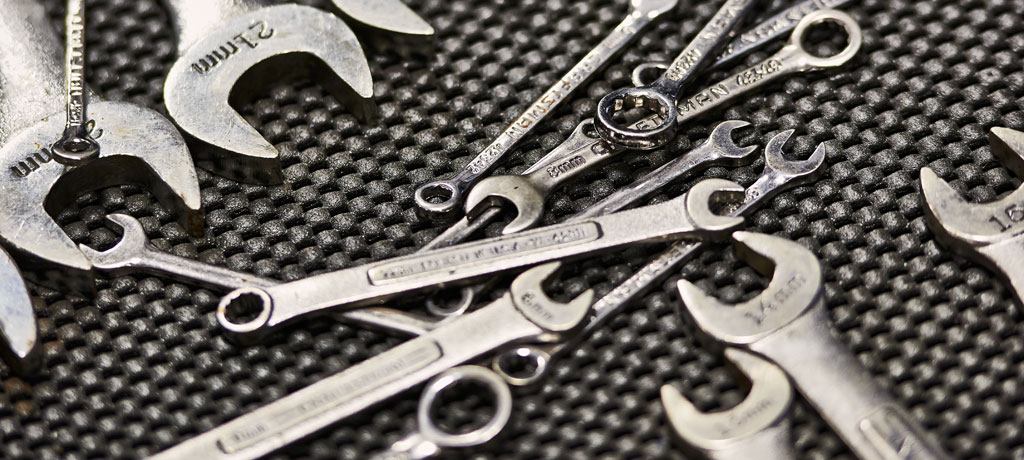No motorist likes to look down and see the check engine light come on. While the light could point to any number of issues, minor or major, it’s usually not good news. Here is some good news: If you take your vehicle in for service fairly promptly, you can usually minimize the damage done and prevent the issue from snowballing into something bigger.
The light comes on when the vehicle’s on-board diagnostic system detects a problem. Of course, you won’t know exactly what the problem is, but the vehicle’s computer will provide a reference code, which correlates to the service issue that’s been detected. Using a special diagnostic machine, an auto technician will get that code, interpret it and let you know exactly what’s going on with your vehicle.
So what should you do when the car engine light comes on? The answer is simple. You should take the car in for an inspection and maintenance. It’s alright to keep driving to the auto shop, but make the appointment right away before the issue becomes more serious.
What Does the Car Engine Light Mean?
After the light comes on, you’ll probably be wondering exactly what the problem is. Again, there’s only one way to know for sure, as it could be any number of things—but here are some of the most common culprits:
- Your oxygen sensors need to be replaced. This sensor measures the amount of unburned oxygen in your exhaust system; it goes bad eventually, and if you don’t replace it then you’ll experience a massive loss in fuel efficiency—potentially as much as 40 percent!
- You have a loose, damaged, or missing gas cap. This one is obviously a fairly simple and straightforward fix. If you don’t get it done, however, you’ll lose fuel to evaporation, and end up making more trips to the pump than you might like.
- You need a new catalytic converter. This device converts toxic exhaust into less harmful carbon dioxide. Again, failure to replace your vehicle’s catalytic converter can lead to compromised fuel economy. It can also make you fail an emissions test if you live in a state that requires such testing.
- Your spark plugs need to be replaced. Bad spark plugs can compromise both performance and fuel efficiency. They can also lead to some of the other problems mentioned here, like bad oxygen sensors or catalytic converters!
- Your mass airflow sensor needs replacing. This sensor determines the quantity of air that goes into the engine to verify how much gasoline is required to run the engine. Failure to promptly replace your bad sensor can lead to a decline in performance or fuel efficiency.
The bottom line is that you don’t want the light to go unexplored for too long. Take your car in for servicing at the first sign of trouble.






